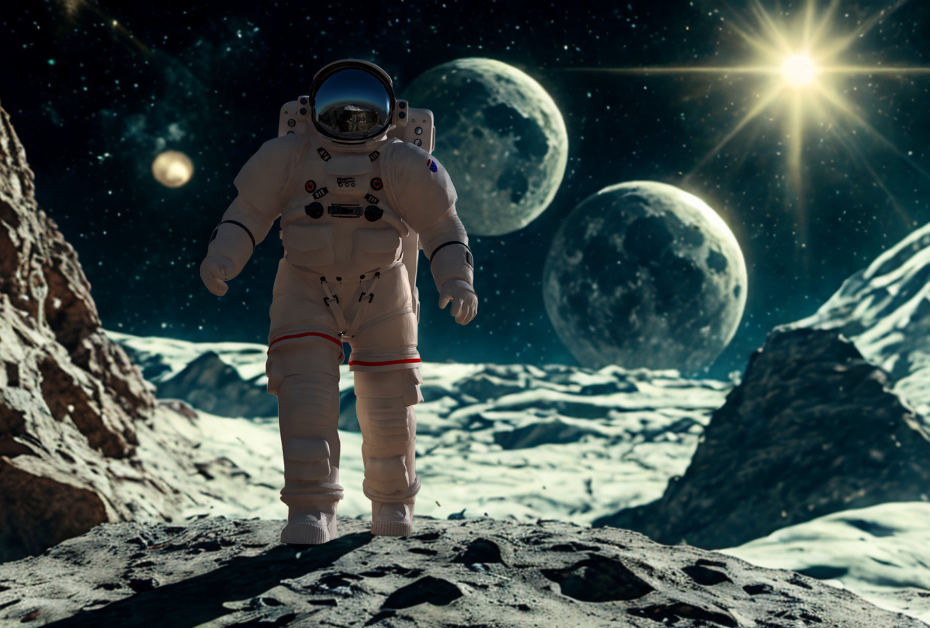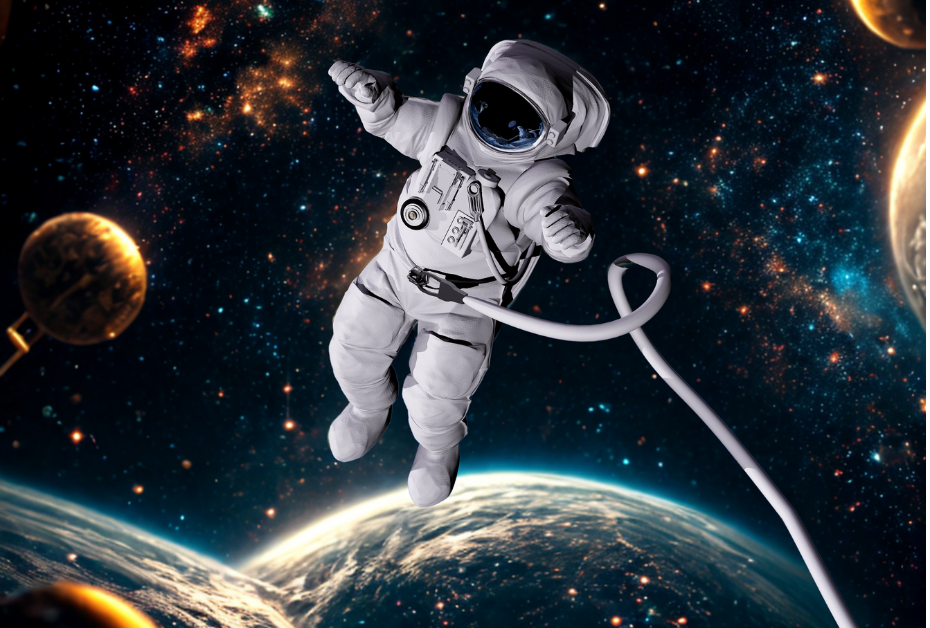What health problems could Shubanshu Shukla have after coming back from space? Know the Possible Risks
Indian astronaut Shubanshu Shukla left the International Space Station (ISS) for Earth on July 14 at 3 PM after spending 18 days there. He should land on Earth on July 15. But the big concern is what health problems Shubanshu Shukla would have after spending so many days in space. What dangers will he face now that he’s back in the atmosphere of Earth?

People have always been interested in space exploration because it pushes the limits of science and technology. The journey into space is just one of the many problems that astronauts have to deal with. The view of Earth from space is amazing, but the trip can have long-lasting impacts on the body. Astronauts go through a lot of changes in their bodies because of microgravity, which is the state of being weightless. These changes might cause major health problems when they get back to Earth. Let’s look at some of the biggest health hazards that astronauts experience following their trips.
Microgravity: The Main Cause of Many Health Problems
Astronauts experience microgravity when they go into space, which means that they don’t feel the effects of Earth’s gravity like they do on Earth. This looks like a fun chance to float around, but the lack of gravity can transform the body in a number of ways. Without gravity, fluids, bones, and muscles in the body act differently than they do on Earth, which can cause a number of health problems.
1. Fluid Shifts: A Big Problem
Fluid shift is one of the most obvious things that happens while you travel in space. In microgravity, blood and lymphatic fluids in the body don’t pool in the lower extremities anymore. Instead, they move up toward the head, which makes the face puffy and puts more pressure on the eyes. Astronauts often have a “moon face,” which is a spherical, puffy look that happens when this fluid is moved around.
The fluid shift is just transitory, but it can be uncomfortable and possibly cause vision difficulties that last a long time. “Spaceflight-associated neuro-ocular syndrome” (SANS) is a condition that astronauts have after they return to Earth and their vision changes. It has been related to higher pressure on the eyes.
2. Bone Density Loss: A Risk to Skeletal Health
Astronauts also have a big risk of losing bone density. The bones in the body don’t have to sustain weight anymore because of the constant pull of gravity. This makes the bones weaker over time. Researchers have shown that every month astronauts spend in space, they can lose 1–2% of their bone density. This can make bones weaker and more likely to break when astronauts come back to Earth.
To fight this, astronauts do a lot of physical training while they’re on missions, including resistance workouts that are meant to help bones grow. Astronauts are nevertheless quite worried about losing bone density, even with these safety measures in place.
3. Muscle Atrophy: This happens when you don’t use them as much.
Muscles also get weaker when they aren’t used, much like bones do in microgravity. Muscles that help the body fight gravity, including those in the legs and back, get weaker since they don’t have to hold up weight anymore. After coming back to Earth, astronauts frequently feel weak, stiff, and tired in their muscles.
Muscle atrophy can make it hard for astronauts to walk and stand after a space mission. They need a lot of rehabilitation to get their strength and mobility back.
4. Space Motion Sickness: A Short-Term yet Unpleasant Effect
Many astronauts get space motion sickness, or “space sickness,” especially in the first several days of their mission. Astronauts can feel dizzy, sick, and confused when they feel like they are floating without weight. These symptoms usually go away once the body gets used to the microgravity environment, although they might be very strong at first when you travel to space.
It’s interesting that space motion sickness doesn’t just happen on the way to space. When astronauts come back to Earth, they may feel nauseous for a short time until their bodies become used to the planet’s gravity again. When you feel gravity, your brain has to get used to it again, which might make you feel sick and confused for a short time.

5. Long-Term Risks of Being Exposed to Radiation
Astronauts are exposed to more cosmic radiation in space than we are on Earth. Astronauts in space are more likely to be exposed to this radiation, even if Earth’s atmosphere and magnetic field protect us from most of it. Long-term exposure to space radiation can raise the risk of getting cancer, heart disease, and other long-term health problems.
Space agencies like NASA try to limit astronauts’ exposure to radiation by shortening trips and giving them protective gear, but the long-term consequences of radiation on astronauts are still a concern.
6. Psychological Impact: How Space Travel Affects Your Mind
Being in space for a long time can also be bad for an astronaut’s mental health. Being alone, being locked up, and having to deal with the constant stress of mission duties can all generate mental stress. When astronauts come back to Earth, they may have mood swings, anxiety, and even despair as they get used to life on the ground again.
Also, being in space can make you feel lonely and cut off from your family and friends. Space agencies help astronauts deal with these mental problems by giving them psychological support and therapy before, during, and after their missions.
How can these health risks be controlled?
These health hazards are serious, but space agencies all over the world are working hard to find ways to lessen their impact. To keep bones and muscles healthy, astronauts have to follow strict exercise regimes. Scientists are also always coming up with new ways to deal with the consequences of radiation exposure and fluid fluctuations. Astronauts’ mental health is also helped by psychological support and proper mission preparation.
Long-term space astronauts require rehabilitation treatments to restore their muscle strength and bone density. As space flight becomes more common and even possible for ordinary citizens, it will be crucial for the future of space exploration to understand and reduce these health concerns.
In conclusion
Space travel is an exciting way to learn about things that are new to you, but it also comes with a lot of health risks for astronauts. Microgravity can create many bodily problems when you go back to Earth, like fluid movements and bone density loss. Fortunately, astronauts can better handle these health concerns with more research, physical training, and mental support. It’s crucial to think about the long-term effects of space on the human body as we plan for the future of space travel. We also need to keep coming up with ways to keep people safe and healthy when they go into space.
Also Read:




